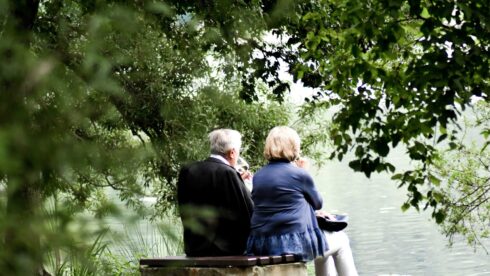What is a trust and why set one up?
Melanie Richardson
06/08/2019
Often thought to be the reserve of the ultra-rich or landed gentry, trusts are an excellent way of protecting and holding important family assets. Asset protection, control, flexibility and tax efficiency are major reasons why more and more clients are using trusts as part of their planning. This article will discuss trusts and why you should consider them as a major part of your personal tax planning strategy.
What is a trust?
A trust is a way of managing assets (money, investments, land or buildings) - there are a variety of different trusts that are taxed differently. Essentially a trust is like asking a friend to look after some money so that they could pay for your care if you were ill, you determine the rules of the trust to ensure that the money is used in accordance with your wishes.
A trust is a legal arrangement where one or more people, or a company (trustees) control money or assets (trust property) which they must use for the benefit of the beneficiary/beneficiaries.
When is a trust used?
You might want to set up a trust for many reasons:
- To make sure that your own money is used to look after you, if you can’t yourself
- To support someone who can’t manage their money if you are not able to in the future, for example young children.
- To protect your assets for future generations.
A trust can be especially helpful if you have a child with a long term mental health condition or learning disability, to ensure that they will be looked after financially after you pass away.
Using a trust to reduce inheritance tax
When you put assets into a trust then providing that certain conditions are met, they no longer belong to you; this means that when you die, they will normally not be included in your estate for Inheritance Tax purposes.
A trust can also be a good way to keep control and to protect assets from young or vulnerable beneficiaries or their future spouses or partners. The trustees have a legal duty to manage the trust assets for the final beneficiary and therefore can protect assets from unscrupulous individuals.
What types of trust are there?
There are many different options when it comes to setting up a trust. Some trusts are subject to their own inheritance tax regimes so that on your death, the assets no longer incur an inheritance tax liability. Others pay income and capital gains tax at higher rates…..it’s essential that you choose the right option for you.
Bare trust
Assets in a bare trust are held in the name of a trustee. However, the beneficiary has the right to all of the capital and income of the trust at any time if they’re 18 or over (in England and Wales), or 16 or over (in Scotland).
Interest in possession trust
These are trusts where the trustee must pass on all trust income to the beneficiary as it arises (less any expenses).
Discretionary trust
These are where the trustees can make certain decisions about how to use the trust income, and sometimes the capital.
Depending on the trust deed, trustees can decide:
- what gets paid out (income or capital)
- which beneficiary to make payments to
- how often payments are made
- any conditions to impose on the beneficiaries
Accumulation trusts
This is where the trustees can accumulate income within the trust and add it to the trust’s capital. They may also be able to pay income out, as with discretionary trusts.
Mixed trust
These are a combination of more than one type of trust. The different parts of the trust are treated according to the tax rules that apply to each part.
Settlor interested trusts
These are where the settlor or their spouse or civil partner benefits from the trust. The trust could be:
- an interest in possession trust
- an accumulation trust
- a discretionary trust
Non resident trust
A trust where all the trustees are resident outside the UK. This can sometimes mean the trustees pay no tax or a reduced amount of tax on income in the trust.
How do I set up a trust?
Setting up a trust is complicated and it’s therefore always advisable to work with an expert. Our trust service helps you by being as active as you want it to be, from acting as full trustee to ad hoc advice as and when needed.
If you have any questions about setting up a trust or would like to discuss how it may help you, do get in touch with our tax partner Robin Stevenson using the contact details below

Robin Stevenson - Tax Partner
Email: robins@swindellsaccounting.co.uk
Tel: 01825 763 366
Sign up to receive our private content
straight to your inbox






